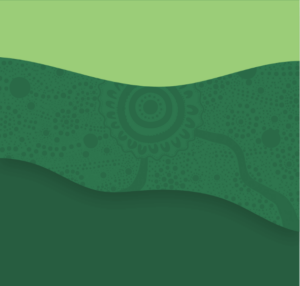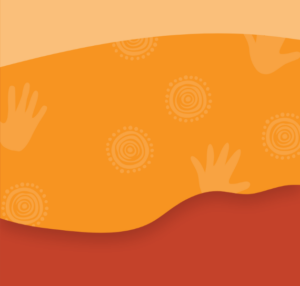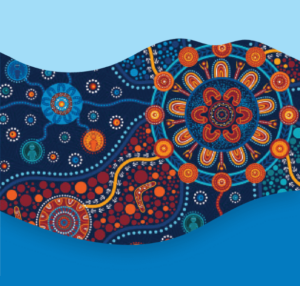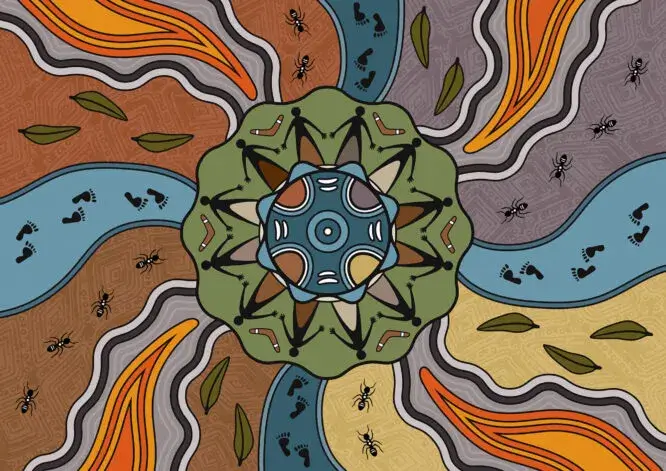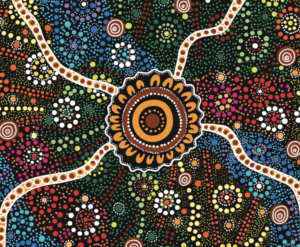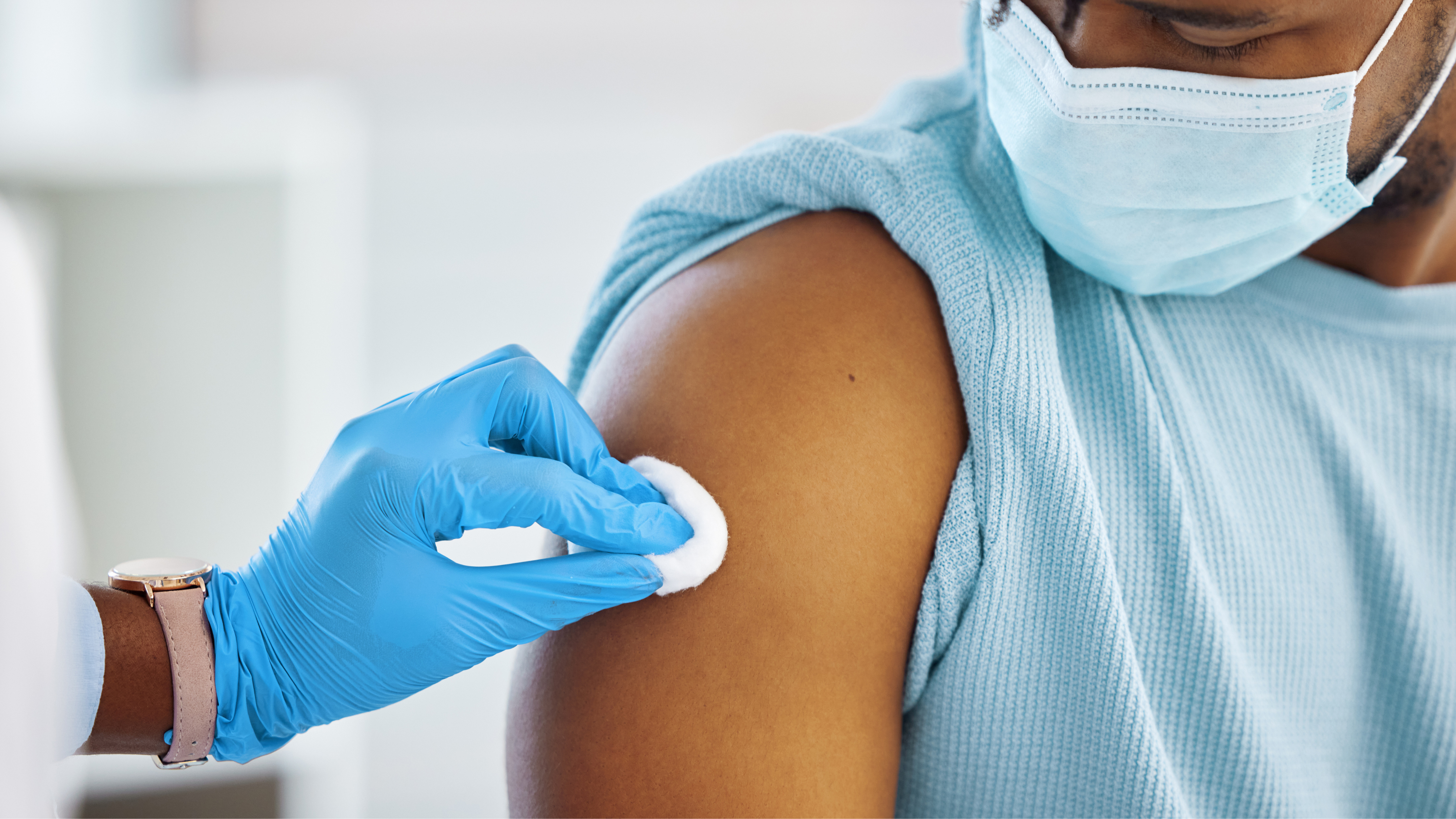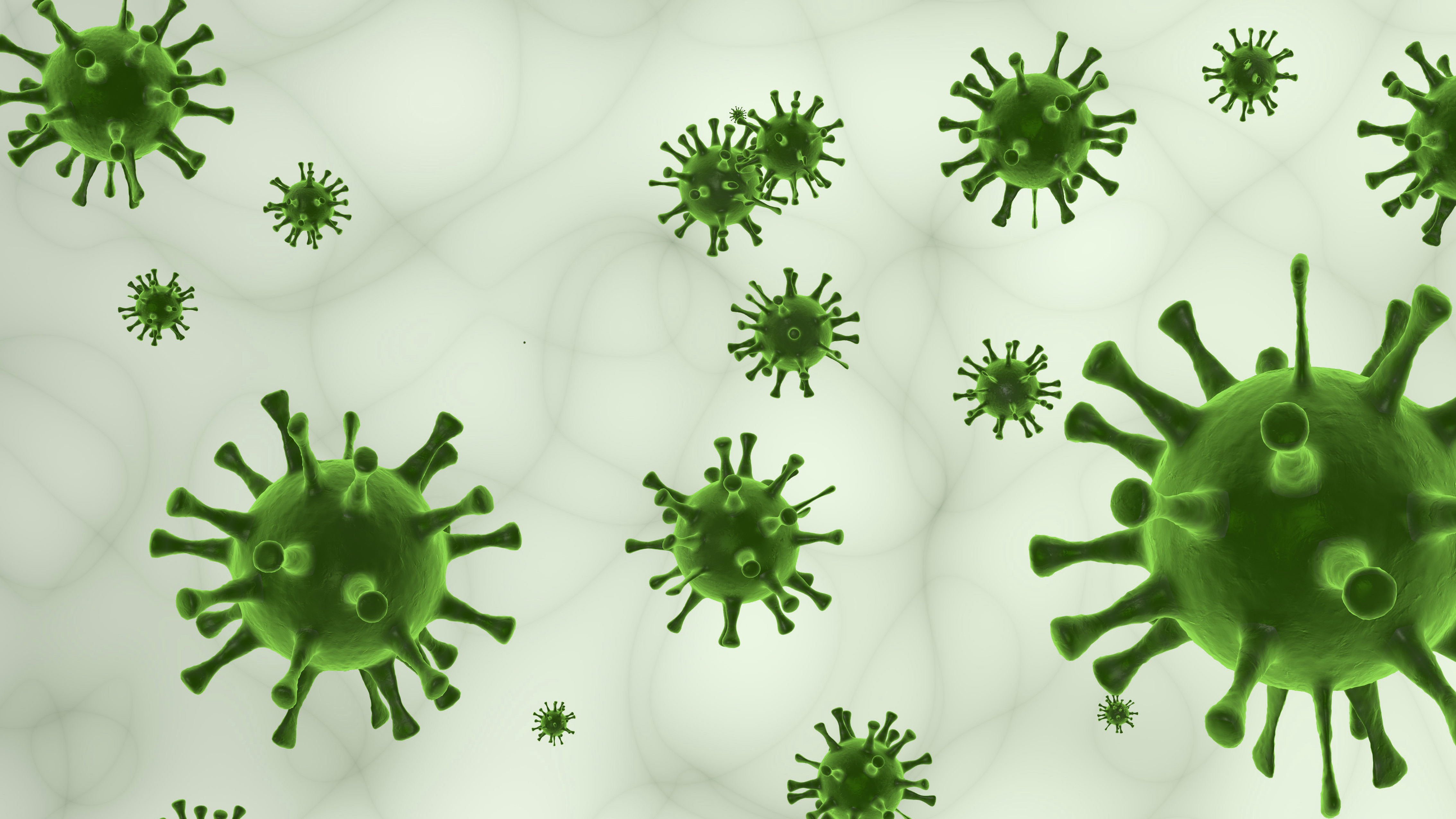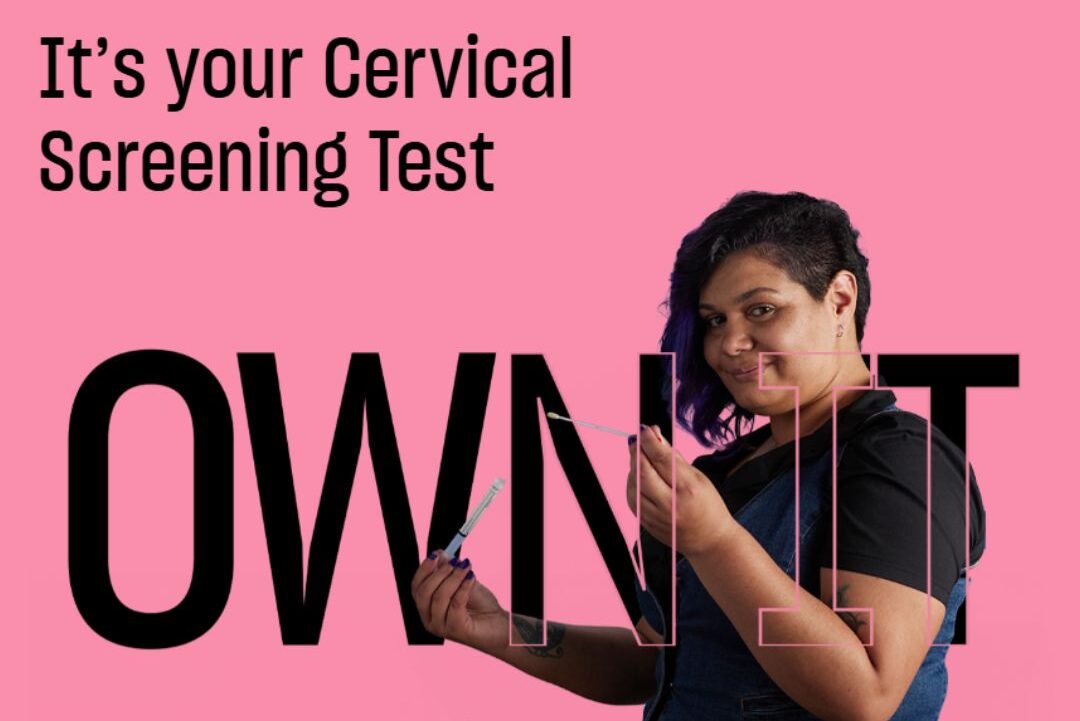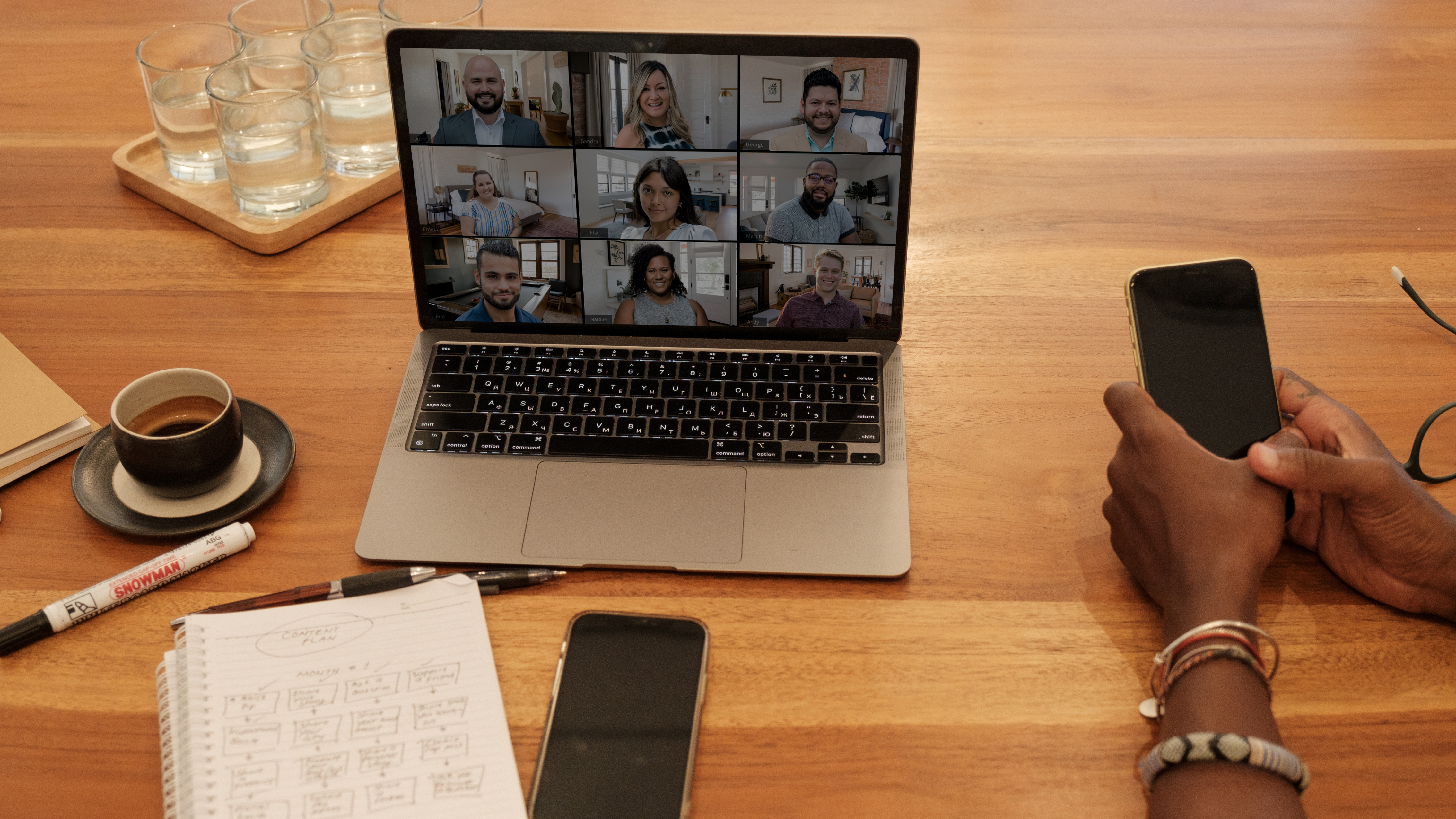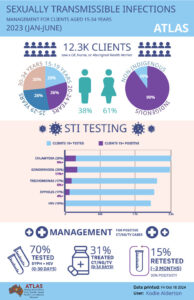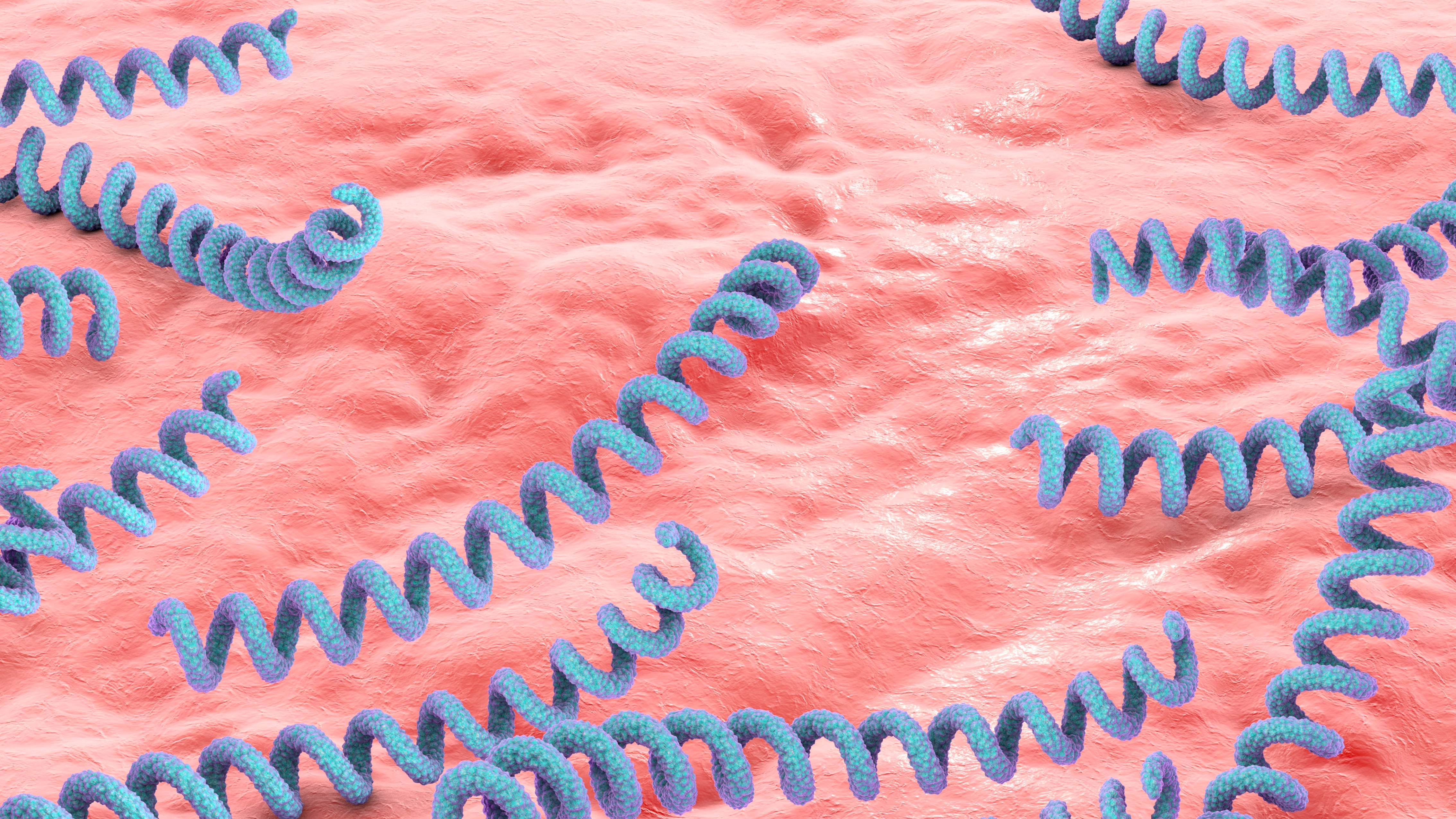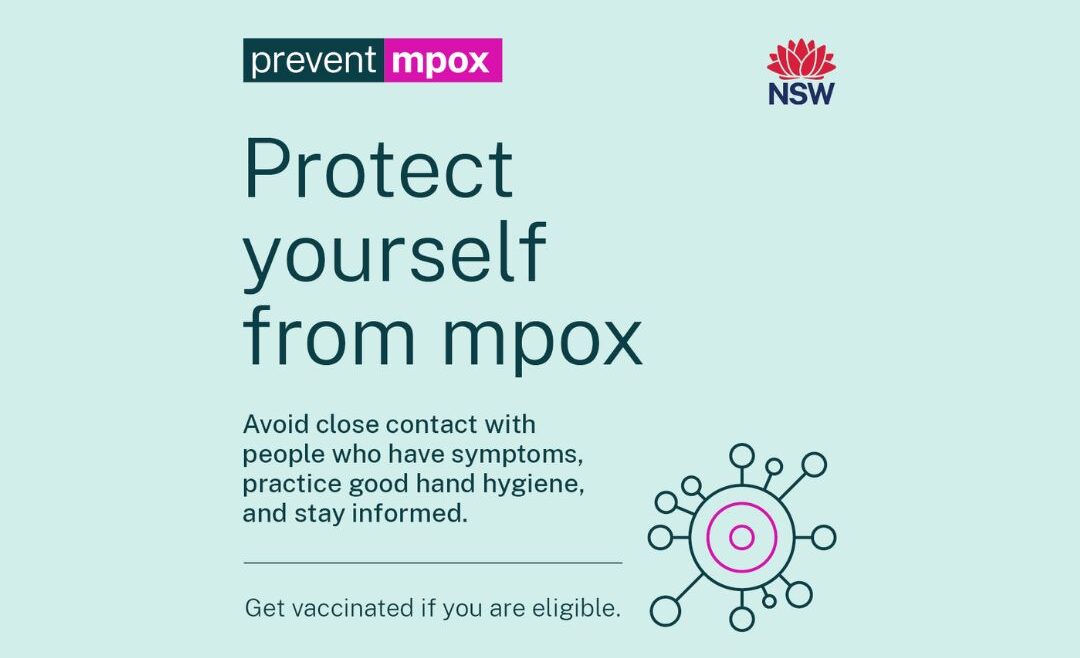Thank-you to the staff from our member services who completed the AH&MRC survey titled “Smoking and Vaping Cessation Support: A Gap Analysis”.
The information from respondents revealed critical gaps in the support for smoking and vaping cessation efforts within Aboriginal Community Controlled Health Organisations (ACCHOs) in NSW. There is a clear and urgent need for enhanced training and resources.
Key Findings:
- Training Needs: ACCHO staff require comprehensive training on smoking and vaping cessation, with a focus on the risks of vaping among youth. Regular refresher courses are essential to maintain high care standards.
- Resource Accessibility: Limited access to information on vaping risks and Nicotine Replacement Therapy (NRT) resources are significant barriers.
- Staffing and Capacity: Dedicated staff for cessation efforts are crucial for effective client support.
- Strategic Focus Areas: Early intervention and tailored training are necessary to address smoking and vaping as distinct challenges. Preventative initiatives like Yarning Circles are recommended to increase awareness of risks.
The survey also highlighted a lack of awareness about the Aboriginal Tobacco Resistance and Control (ATRAC) framework, with 60% of respondents unfamiliar with the ATRAC Yarning Tool.
Next Steps: To bridge these gaps, AH&MRC plans to partner with training providers to develop face-to-face and online modules, conduct workshops, and offer refresher courses. These initiatives aim to build staff confidence in discussing NRT and provide easy access to updated resources through an online hub. The benefits of cultural activities such as Yarning Circles will be highlighted and the ATRAC framework and program will be reviewed.
If you would like further details of the survey or would like to provide further feedback, please email Arti Savidis asavidis@ahmrc.org.auor publichealth@ahmrc.org.au
